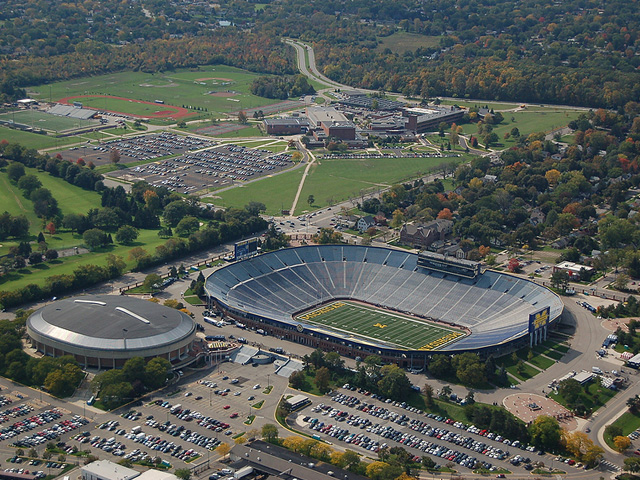Horticulture is the culture or growing of garden plants. Horticulture as classically defined is the subdivision of agriculture dealing in gardening, in contrast to agronomy, which deals with field crops and the production of grains and forage, and forestry which deals with forest trees and products related to them.
Horticulturists work in plant propagation, crop production, plant breeding and genetic engineering, plant biochemistry, plant physiology, and the storage, processing, and transportation of fruits, berries, nuts, vegetables, flowers, trees, shrubs, and turf. They improve crop yield, quality, nutritional value, and resistance to insects, diseases, and environmental stresses. Genetics is also used as a valuable tool in the development of plants that can synthesize phytochemicals for pharmaceutical use.
Horticulturists can work in industry, government, or educational institutions. They can be cropping systems engineers, wholesale or retail business managers, propagators and tissue culture specialists (fruits, vegetables, ornamentals, and turf), crop inspectors, crop production advisor's, extension specialists, plant breeders, research scientists, and of course, teachers.

















